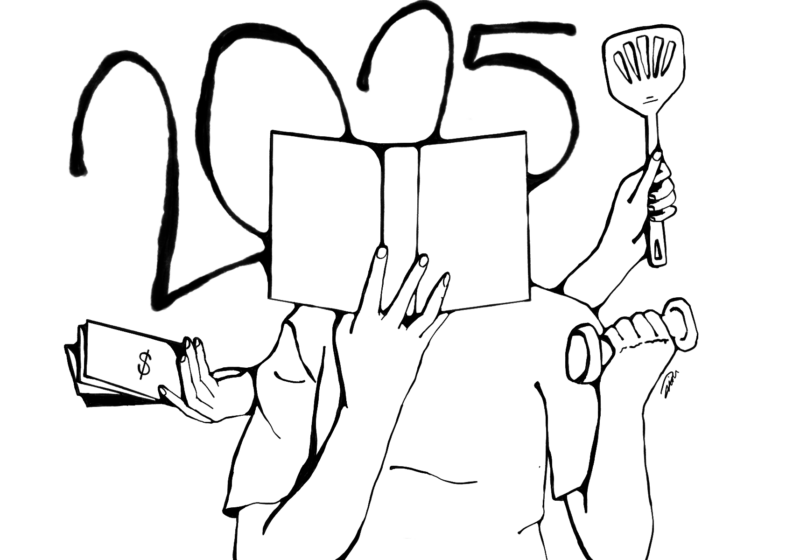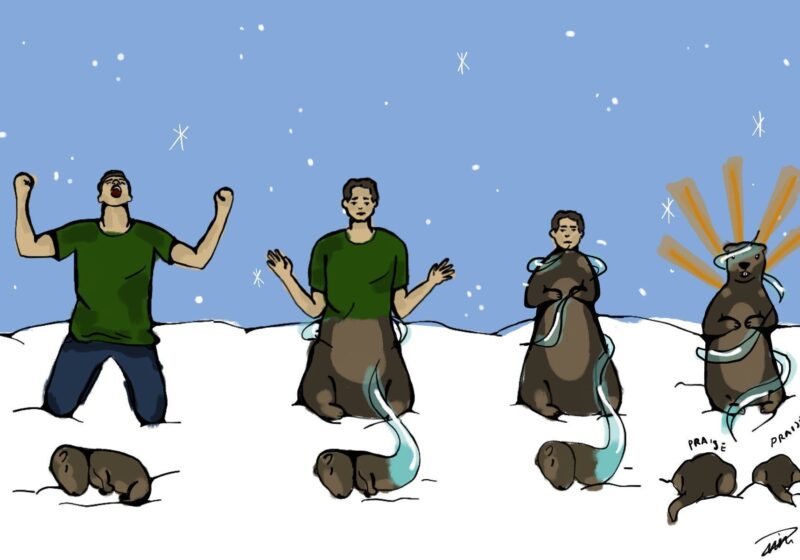On the last day of Black History Month, I attended the “Me Too Monologues.” I thought it would be the best way to wrap up — reflecting on powerful, often unspoken experiences that exist on this campus and in the world. I figured I was going to hear deep and vulnerable stories from my peers. That is exactly what was delivered… sometimes.
The monologues performed were anonymously submitted by UR students. While a few segments were formatted more like a TedTalk, others were performed as spoken-word.
Some stories were vivid, allowing the audience to be immersed in the experience. As an audience member, you could feel their pain when the performers paused, as if to wince at difficult memories.
Others were thought-provoking. One monologue called “Being a Child,” about child abuse raised the question of why the word “victim” is always used as present tense when what occurred is always described as past tense. Another monologue, “My Black Experience,” called for non-students of color to attend events hosted by students of color.
The audience was smaller than anticipated. This was surprising to me, based on the hype I have heard about the monologues. Plus, with the recent displays of cultural insensitivity and intolerance on our campus, there should have been more seats filled in Strong. While there were probably 30 students in attendance, they were a good audience — supportive and respectful of the acts and their inspirational stories.
The “Me Too Monologues” are intended for everybody. It is an experience that fosters empathy in everyone who choses to listen, especially because of the transparency of the speakers in articulating what they endured.



